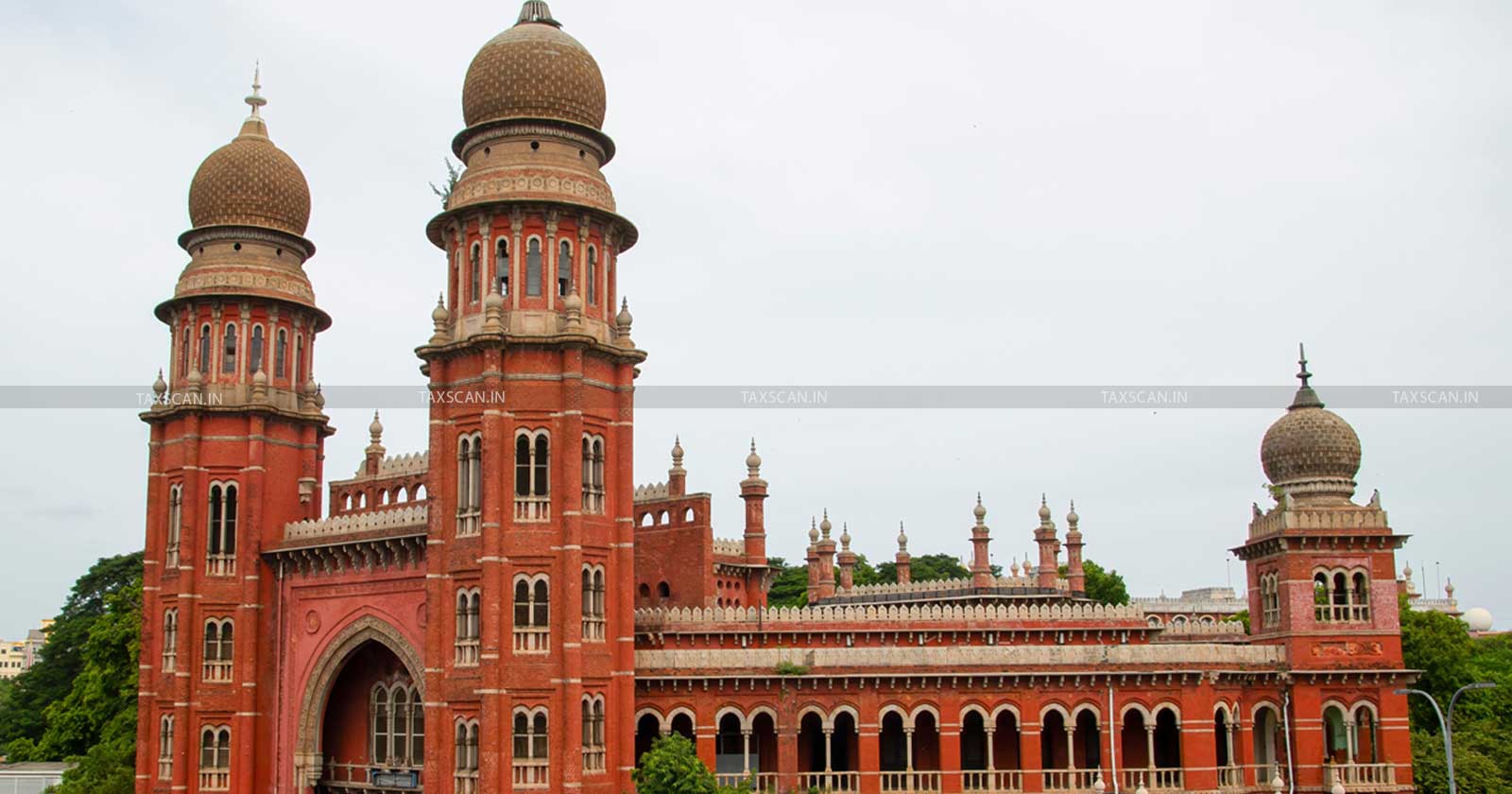Assessment Based on Erroneous Facts: Madras HC Directs Petitioner to Approach Tribunal for Disputed Questions of Fact [Read Order]
HC observed that , observed that the entire assessment order was made based on erroneous or non-existent facts

Erroneous Facts – Madras HC – assessment order – petitioner – DirectsPetitioner – taxscan
Erroneous Facts – Madras HC – assessment order – petitioner – DirectsPetitioner – taxscan
In a recent ruling, the Madras High Court held that disputed questions of fact cannot be adjudicated in a writ petition and allowed the petitioner to approach the Tribunal as it observed that the assessment order was issued on the basis of erroneous facts.
In this case, the petitioner, M/s.Poornima Textiles, has approached the Madras High Court requesting to quash the order passed by the respondent for the assessment year 2015-2016 as it was passed violating the principles of natural justice without jurisdiction and barred by limitation as prescribed under Section 151A of the Income Tax Act, 1961.
Become a PF & ESIC expert with our comprehensive course - Enroll Now
It was submitted by the counsel on behalf of the petitioner that the entire assessment was done based on the alleged deposits in two certain current accounts, which is maintained under the South Indian Bank Limited. But these two accounts do not belong to the petitioner, and it is under the custody of M/s. Kamala Textiles.
The Madras High Court, comprising Justice Mohammed Shaffiq, observed that the entire assessment order was made based on erroneous or non-existent facts. The bench further observed that the case involves an enquiry that requires examination of disputed question of facts and held that the examination of disputed question of facts does not normally fall within the regime of Article 226 of the Constitution of India.
Become a PF & ESIC expert with our comprehensive course - Enroll Now
It is to be noted that the petitioner’s counsel sought liberty to file an appeal before the income tax tribunal.
The bench, by considering the request made by the counsel, granted to the petitioner to file an appeal within a period of two weeks from the date of receipt of a copy of the order.
The petitioner was represented by Mr. S. Karunakar and the respondents by Mr. J. Parekh Kumar.
To Read the full text of the Order CLICK HERE
Support our journalism by subscribing to Taxscan premium. Follow us on Telegram for quick updates


